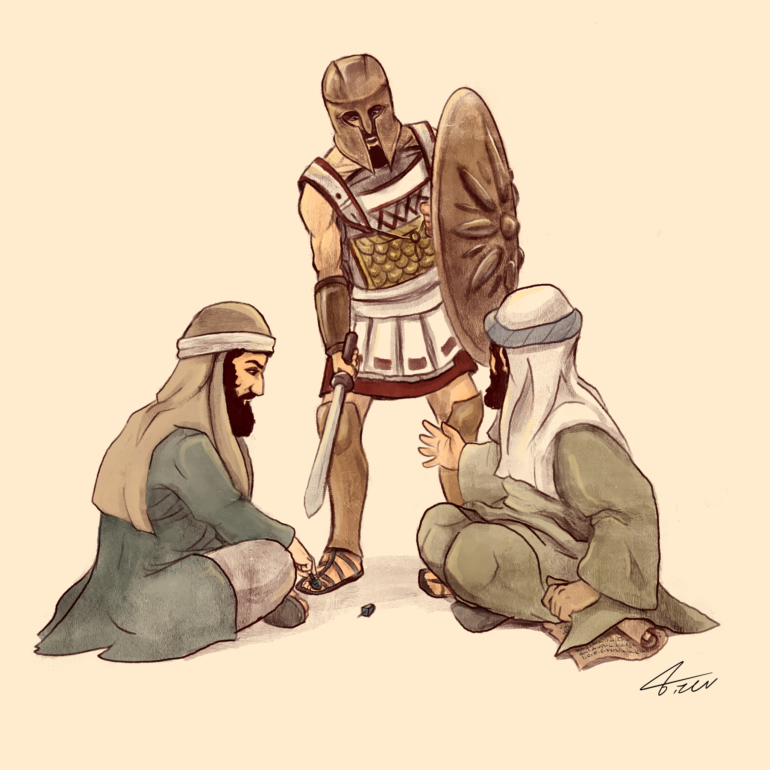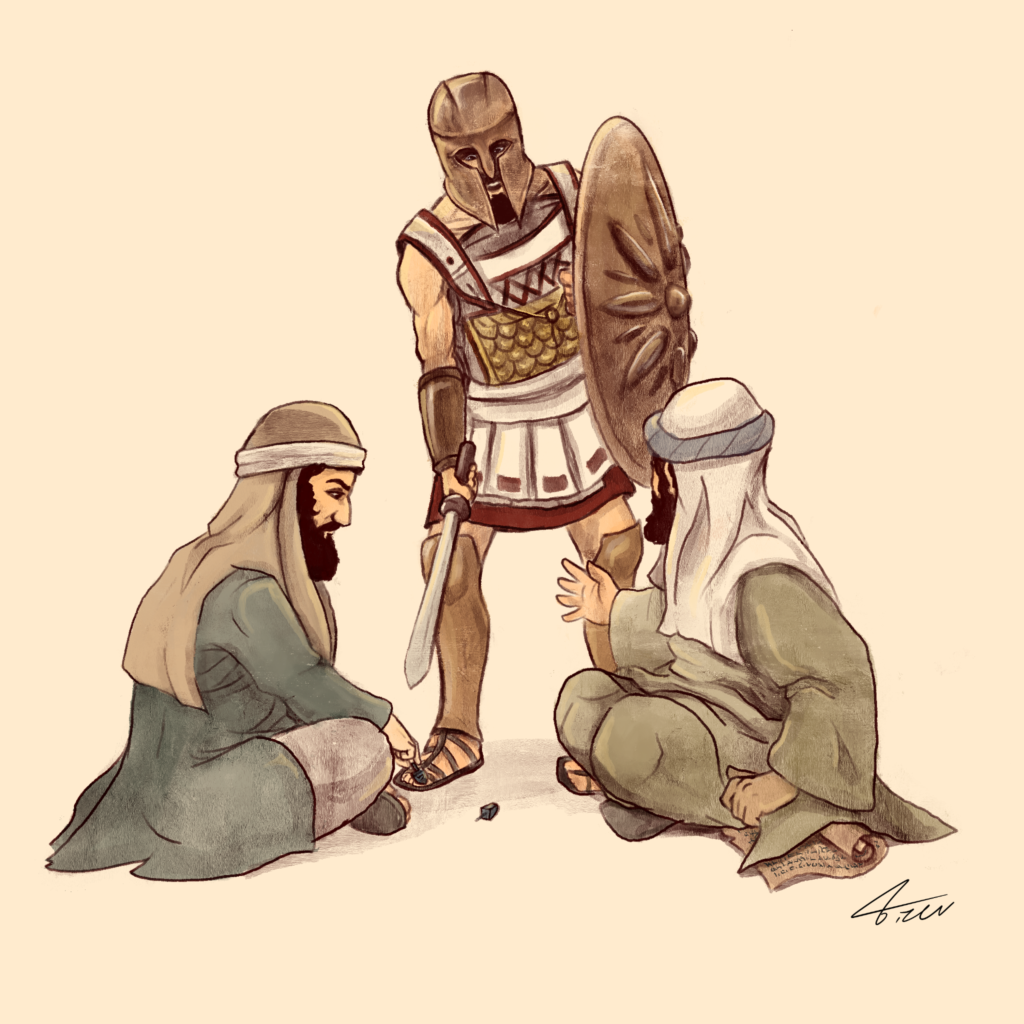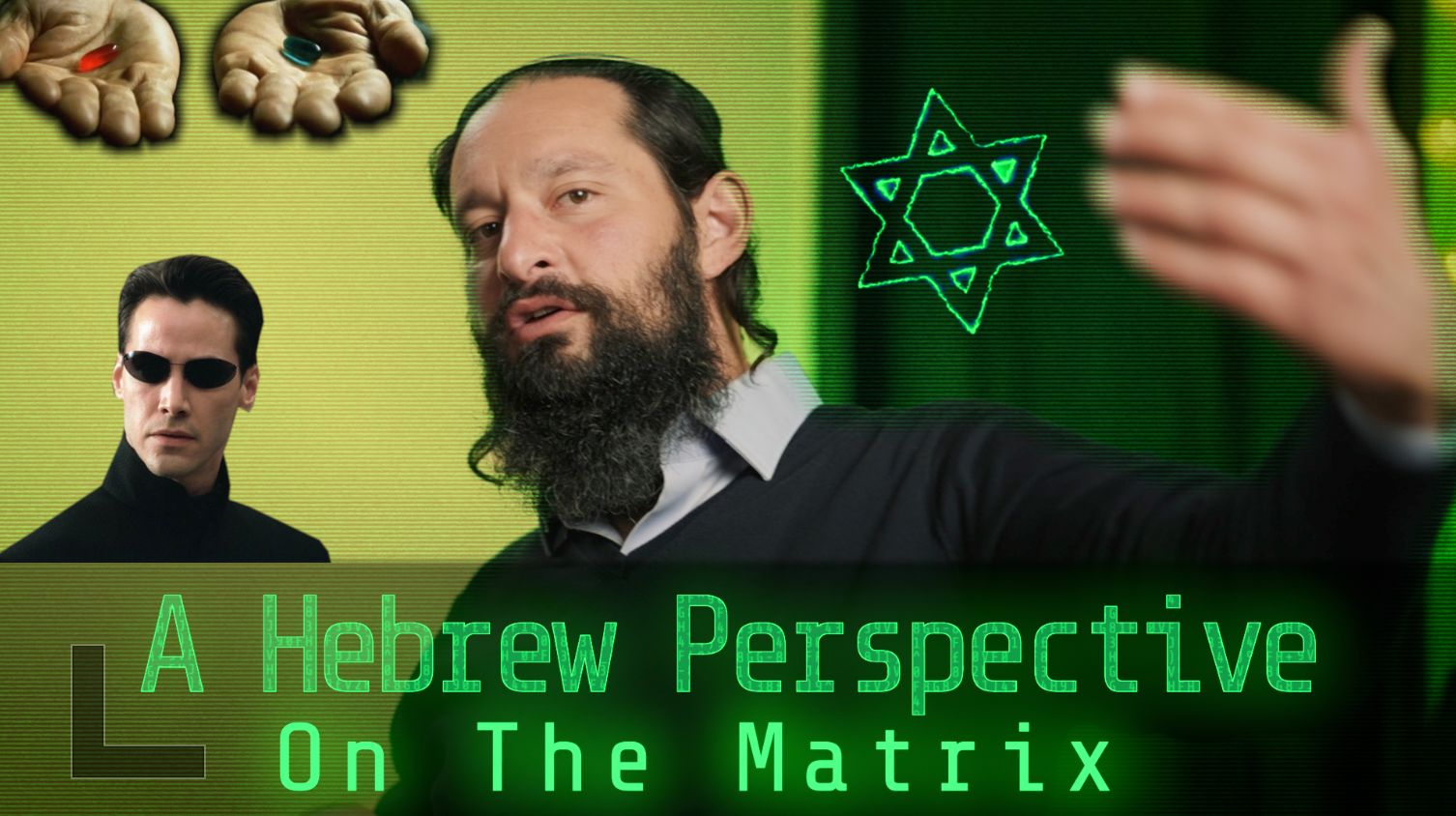- Dec 6, 2009
- 77,896
- 4,180
- 1,815
- Thread starter
- #4,701
Follow along with the video below to see how to install our site as a web app on your home screen.

Note: This feature currently requires accessing the site using the built-in Safari browser.








